Inductive Reasoning Explained
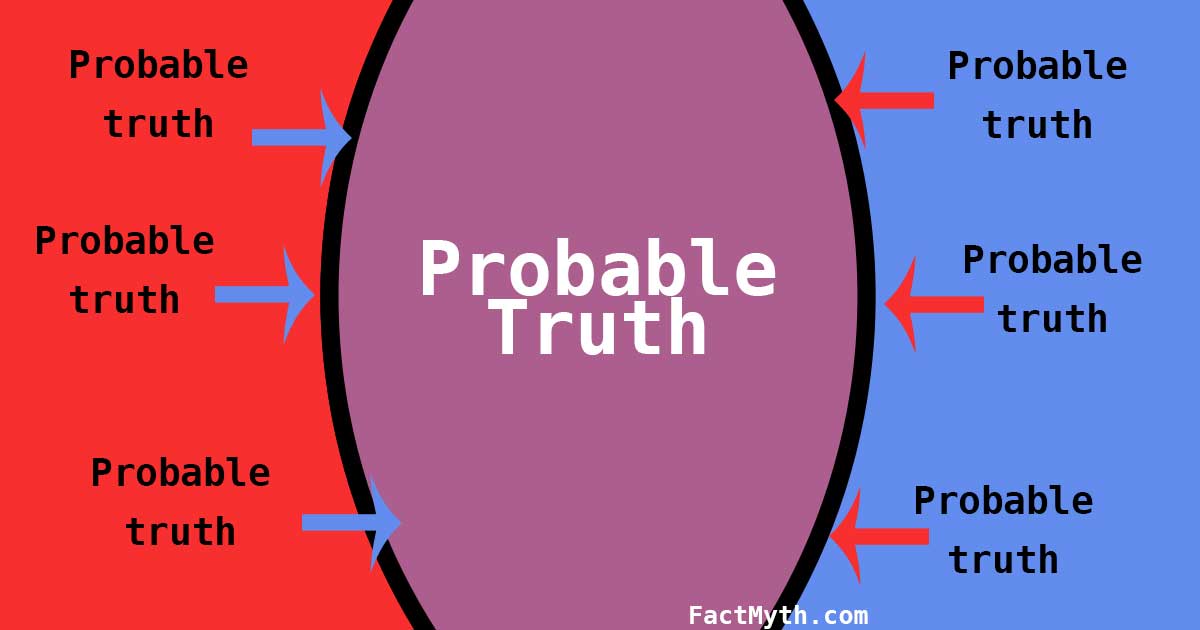
We explain inductive reasoning, a bottom-up reasoning method that reasons by consistency, comparing particulars and probabilities to find likely truths.
Thinking is a mental process which allows humans to model the world, philosophy is the attempt to understand the world using logic and reason. The world being both the external and the internal, and both the knowable and unknowable.
For an overview of philosophy see our branches of philosophy page, for an introduction to philosophy check out Reason at Work (Amazon). Philosophy includes everything from economic and political philosophies, to the philosophies of emotions and mind, to cosmological and other other metaphysical questions, to the nature of god and religion, to the very nature of what we can know. Given that every subject has a science and philosophy (with the two often merging, such is the case in theoretical physics or mathematics) we have to be careful not to undervalue the practical aspects of this non-science.

We explain inductive reasoning, a bottom-up reasoning method that reasons by consistency, comparing particulars and probabilities to find likely truths.
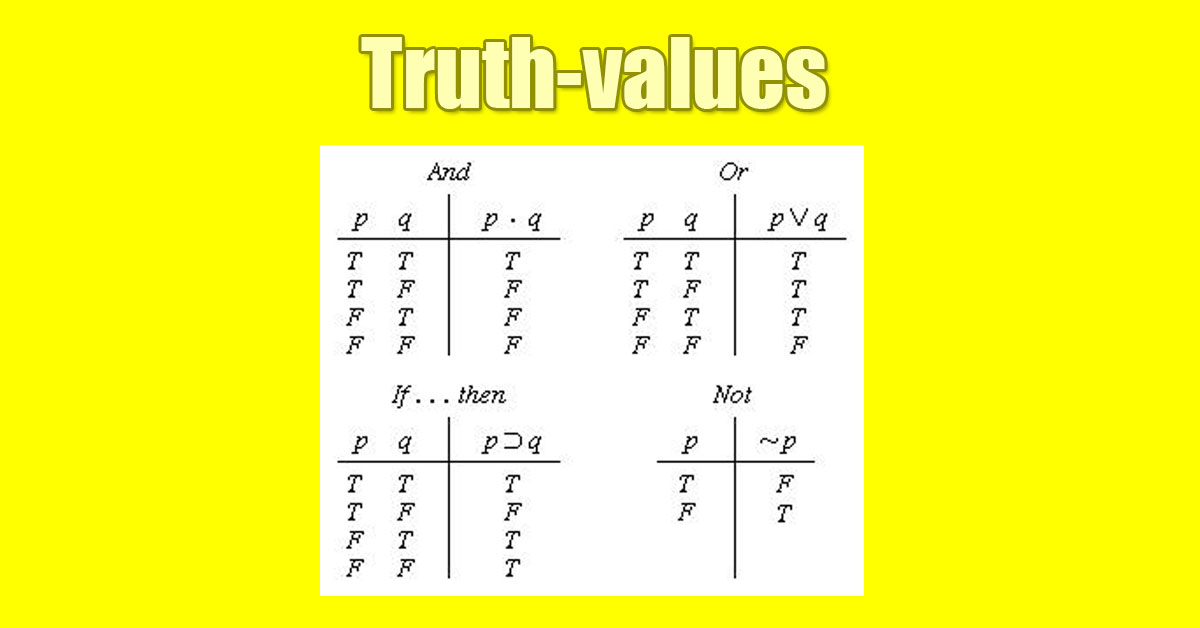
A truth-value is a label that is given to a statement (a proposition) that denotes the relation of the statement to truth.

The saying “you can’t prove a negative” isn’t accurate. Proving negatives is a foundational aspect of logic (ex. the law of contradiction).
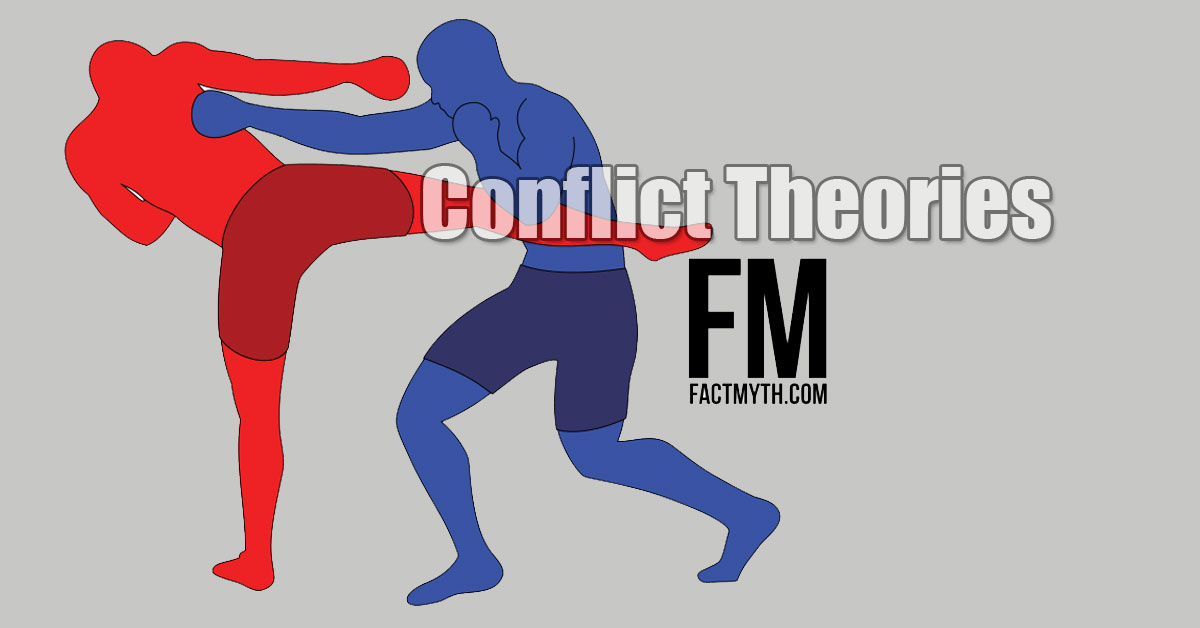
We explain Marx’s conflict theory and other conflict theories to show how tension between social, political, material, and other forces manifest.
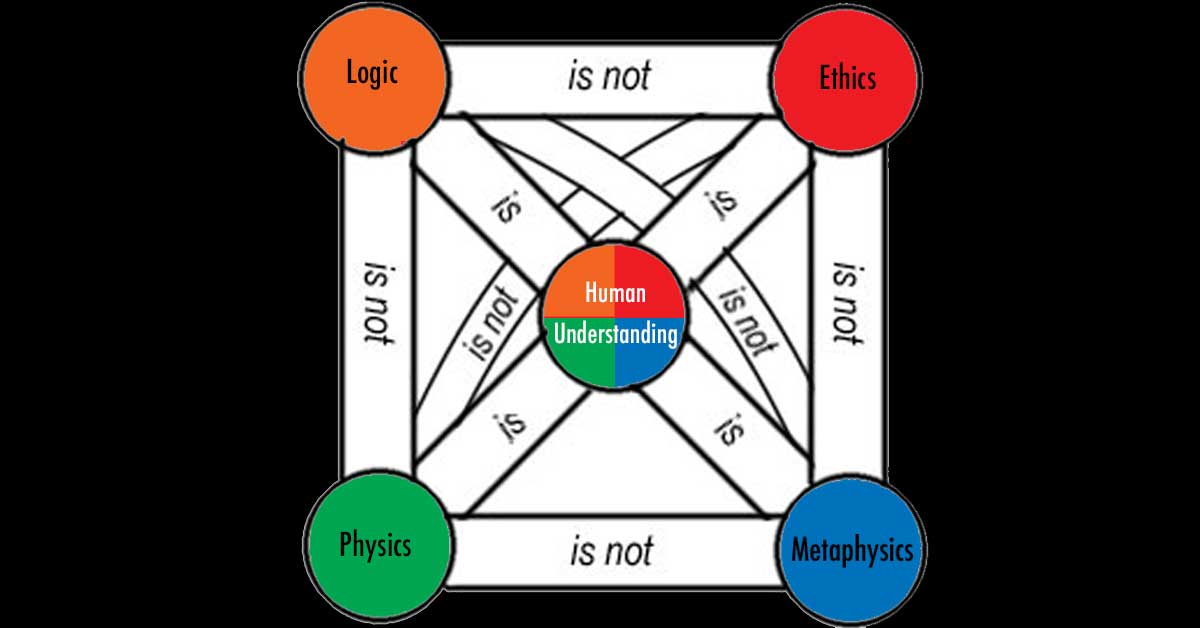
We present a system of “logical, epistemological, and ontological categories of being and knowledge” (categories to place all empirical and rational concepts into).

We define terms related to “the society of the spectacle” like commodity fetishism, consumerism, “proletarianization,” and alienation.
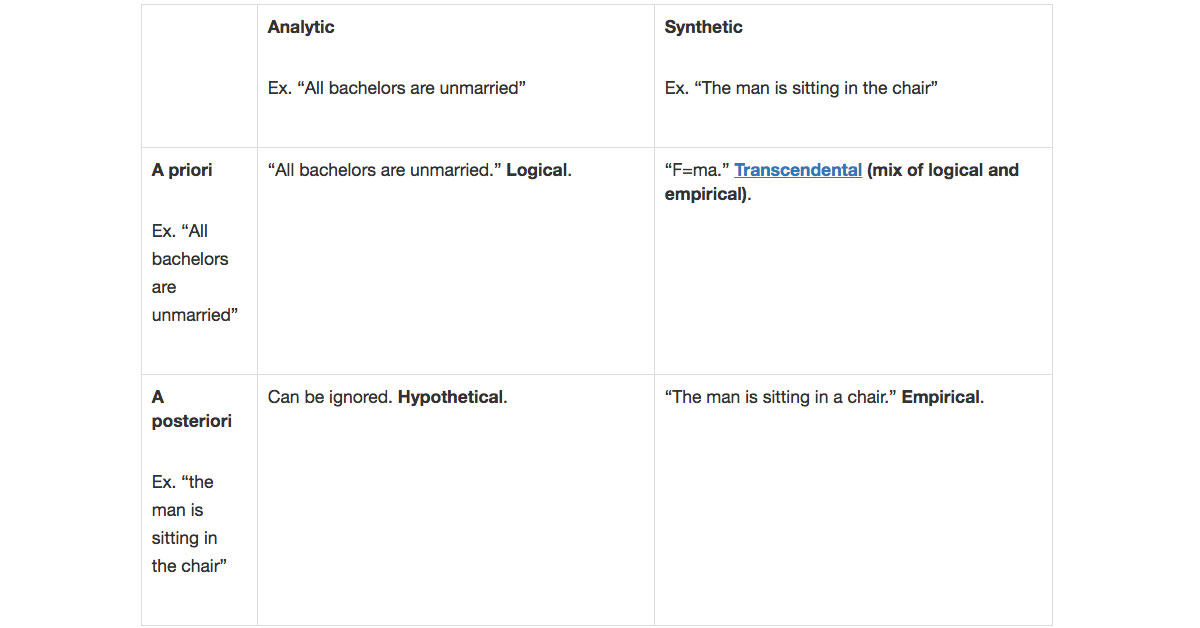
We explain the a priori-a posteriori distinction, analytic-synthetic distinction, necessary-contingent distinction and other logic-based terms.
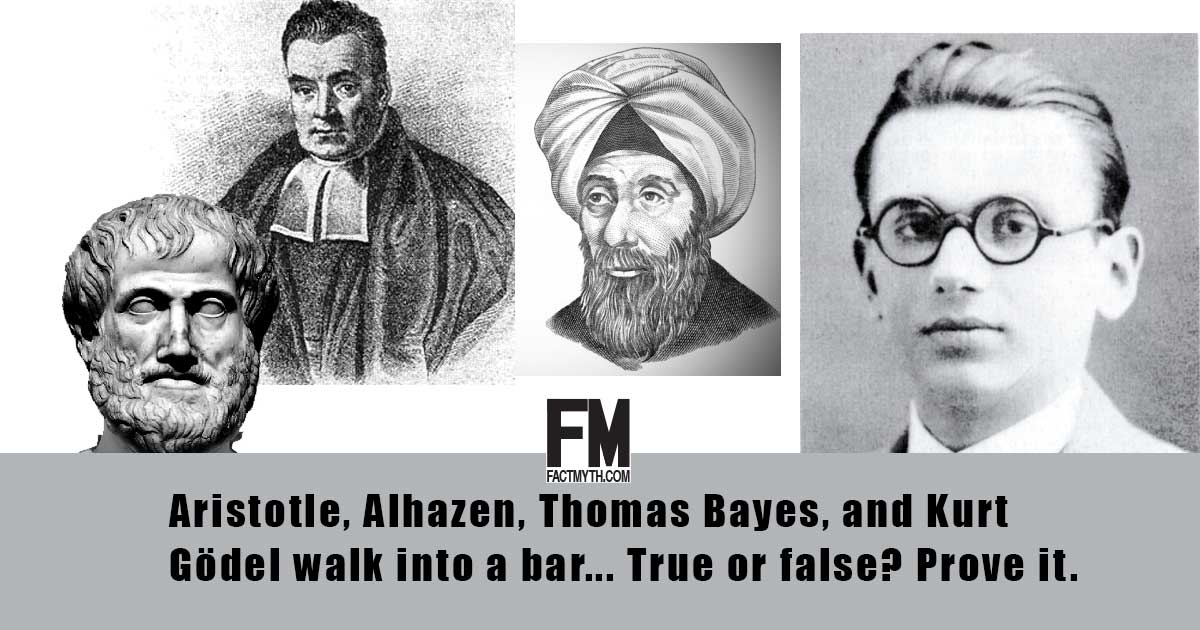
The idea that all truth is subjective, that there is no objective truth, is a myth. Everything either has an absolute truth value (even if we can’t know it) or is an opinion or belief.
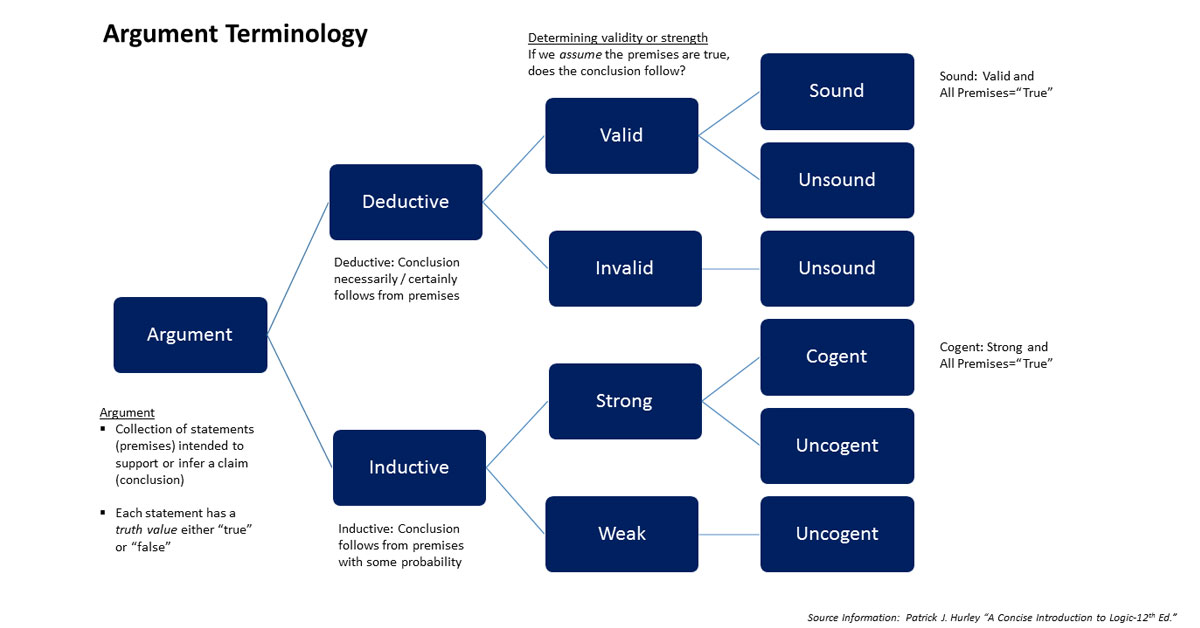
We explain and compare the different types of reasoning methods including deductive, inductive, abductive, analogical, and fallacious reasoning.
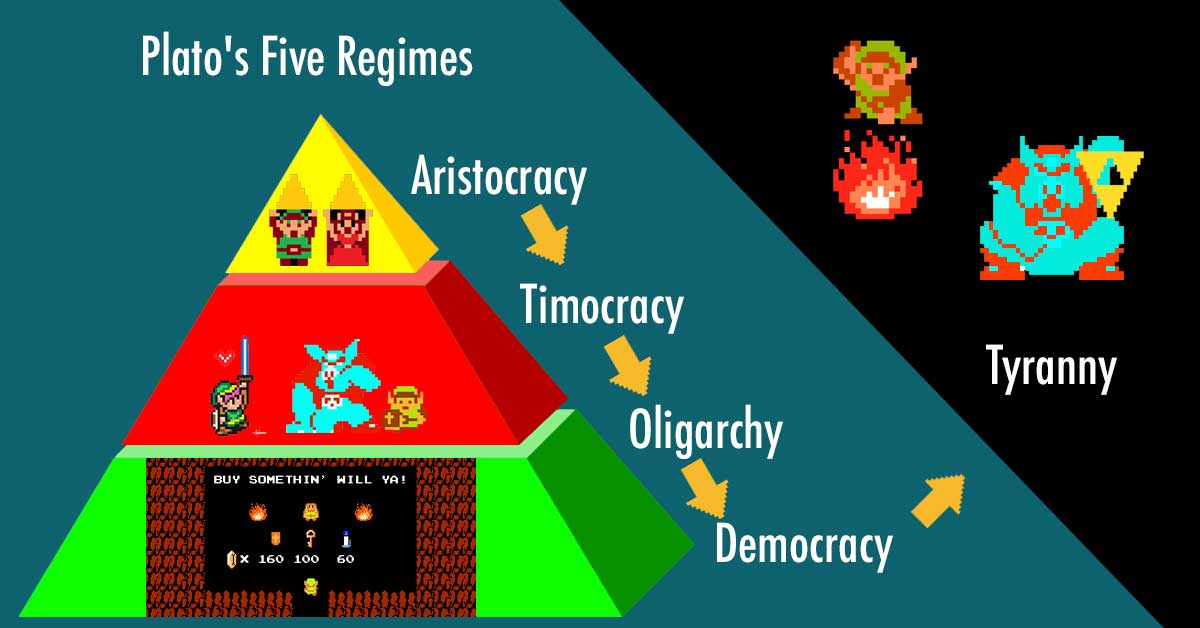
There is a type of tyranny for at least every type of government. When special interests are favored over the general will and the rule of the law, it is a type of tyranny.